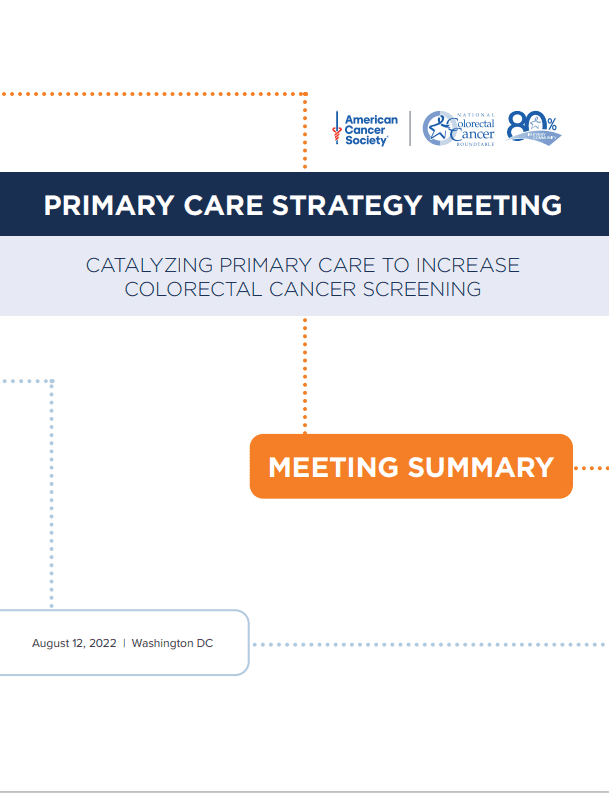Intervention Type: Reducing Structural Barriers
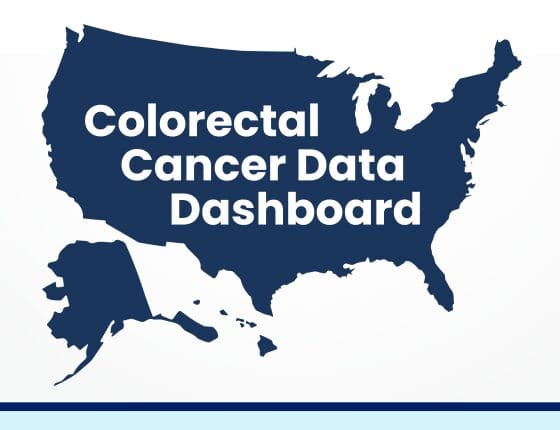
NEW!
New Resource Webinar: Colorectal Cancer Data Dashboard

NEW!
Blue Star Conversations – May 29, 2024

NEW!
Blue Star Conversations – February 21, 2024
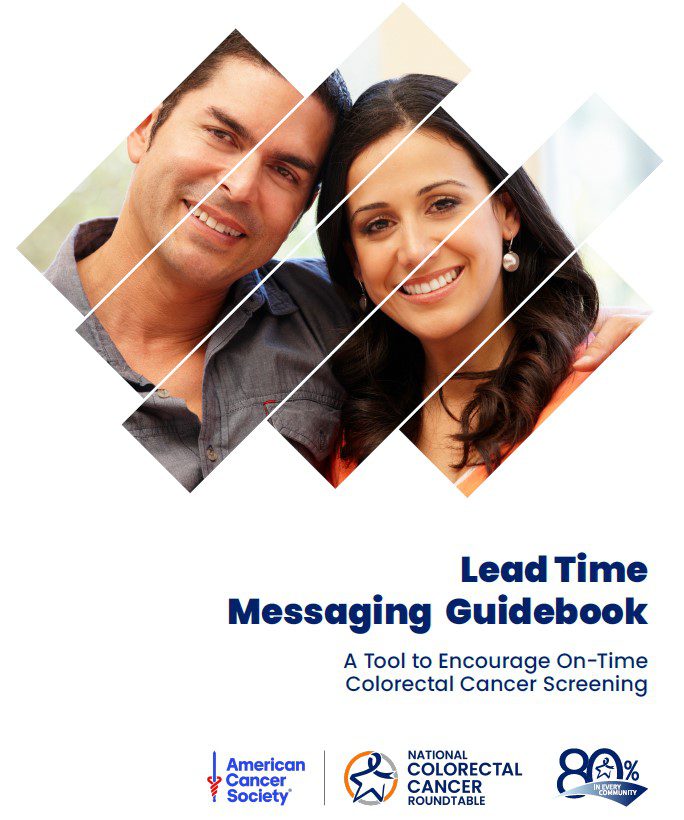
2023 Lead Time Messaging Guidebook
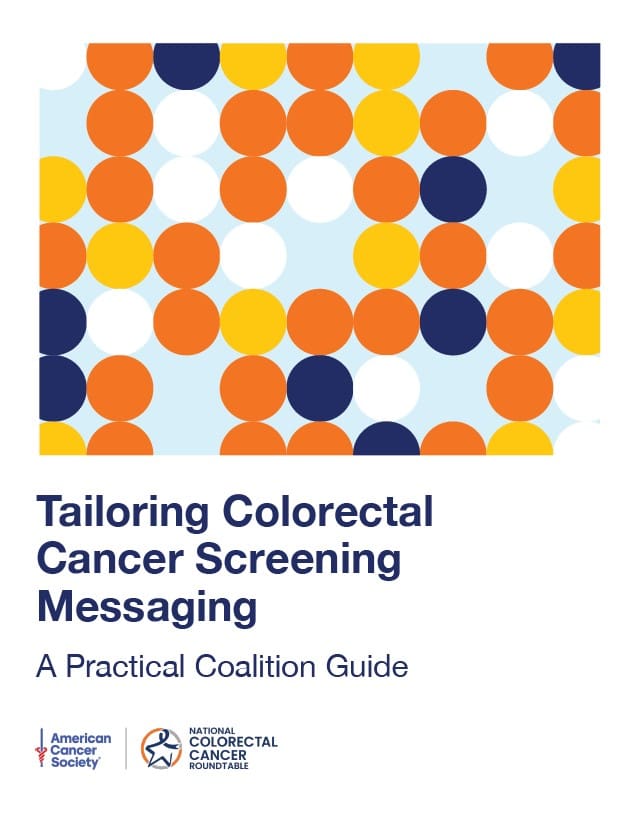
Tailoring Colorectal Cancer Screening Messaging: A Practical Coalition Guide

Blue Star Conversations – September 11, 2023
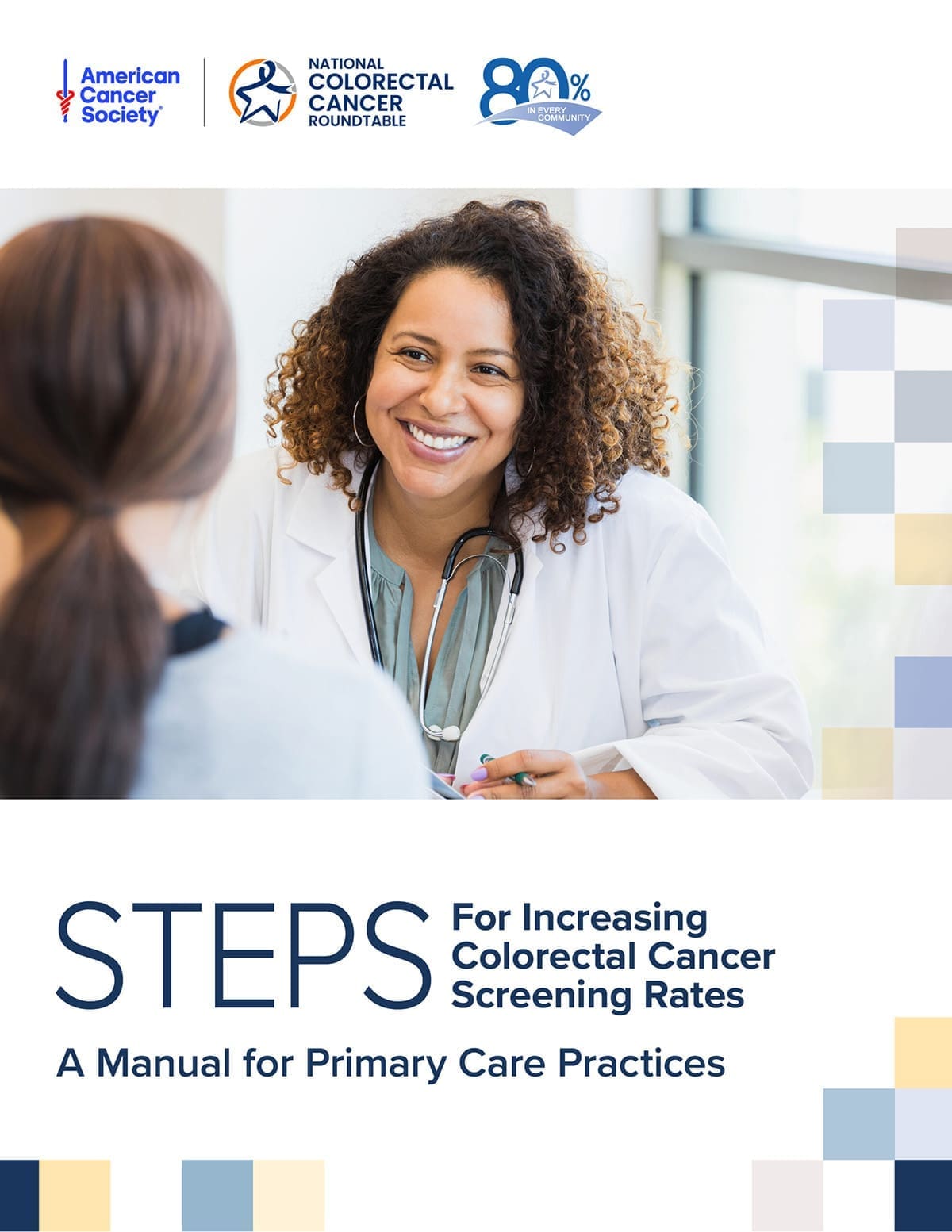
Steps for Increasing Colorectal Cancer Screening Rates: A Manual for Primary Care Practices

Webinar: Field Strategies To Increase Colorectal Cancer Screening And Promote Colorectal Cancer Health Equity In Communities Across The US
